Researchers of this group have complementary knowledge and experience in different scientific areas, including biology, biochemistry, veterinary, food quality/safety and food engineering, to develop interdisciplinary studies aiming to:
– Qualify the quality and ensure the chemical, physical and biological safety of fishery, aquaculture and algae-based products.
– Develop sustainable, appealing, safe and healthy food products based on eco-innovative technological strategies.
– Contribute to the sustainable production of bivalve molluscs.
The expertise of the team has been updated through the involvement in national and European R&D projects, as well as collaborations with different stakeholders. Aspects covered include: (i) assessing the different dimensions of quality and safety of fish and algae-based foods, taking into account the requirements of the circular economy, sustainability, as well as the impacts of climate change; (ii) contributing to the reliability and traceability of fishery, aquaculture and algae value chains; (iii) develop strategies to assess different environmental indicators (energy efficiency, carbon and water footprints, etc.) and reduce seafood waste based on life cycle analysis (LCA) tools; (iv) take advantage of new technological and eco-innovative developments in preservation, processing and packaging processes to propose new strategies for valorisation of available aquatic resources; (v) formulating and testing healthy and appealing products, as well new ingredients to meet the growing nutritional requirements and demand from different segments of the population and markets; (vi) assessing risks/benefits associated with the consumption of new seafood species fish and algae-based products to facilitate responsible and informed choices and (vii) contributing to strengthen the competitiveness of mollusc farming, on a sustainable basis, to better manage production and meet demand.
KEYWORDS: seafood; algae; quality; authenticity; chemical, physical and biological safety; eco-innovative processing, preservation and packaging; circular economy; life cycle assessment (LCA); sustainability, novel foods and ingredients.
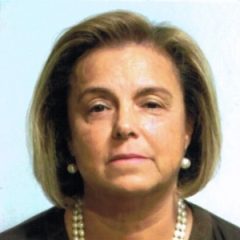
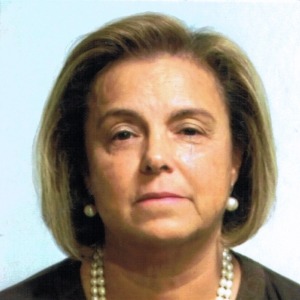
Maria Leonor Nunes is leader of SEAFOOD SAFETY AND PROCESSING Group at CIIMAR. Her interests include preservation/processing/packaging and quality/safety of fishery and aquaculture products and algae. She is author/co-author of >230 articles in indexed journals >50 books/book chapters (H index 50; >7500 citations). She has experience in leadership positions in national and European projects. She is member of research councils and editorial boards of different scientific journals. She has supervised/co-supervised more than 70 MSc/PhD students. She has experience in collaborating with international R&D agencies and with industries and associations in the food sector (seafood).
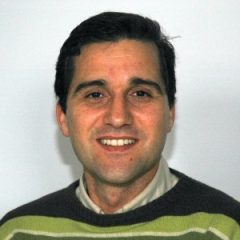
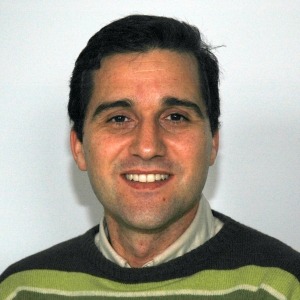
António Marques is Biologist, with a PhD in Applied Biological Sciences from the University of Gent, Belgium. He is Principal Researcher of IPMA and collaborator of CIIMAR. Experience in quality and safety of fish, and application of new technologies to improve the safety / quality of fish. He has published >150 articles in indexed journals (H‐index 42.0), is guest editor in the indexed journals Toxins, Environmental Research and Food Chemical Toxicology. He has experience in leading European projects (e.g. coordinator of Horizon Europe INNOECOFOOD, H2020 SEAFOODtomorrow, FP7 ECsafeSEAFOOD; WP leader in ACRUNET, SEA‐ON‐A‐CHIP) and national (e.g. MycoFish, FRESHFISH). Responsible for the animal experimentation laboratory (LABVIVOS) at IPMA.
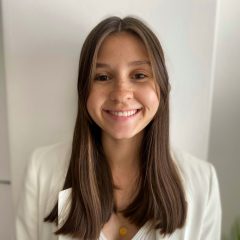
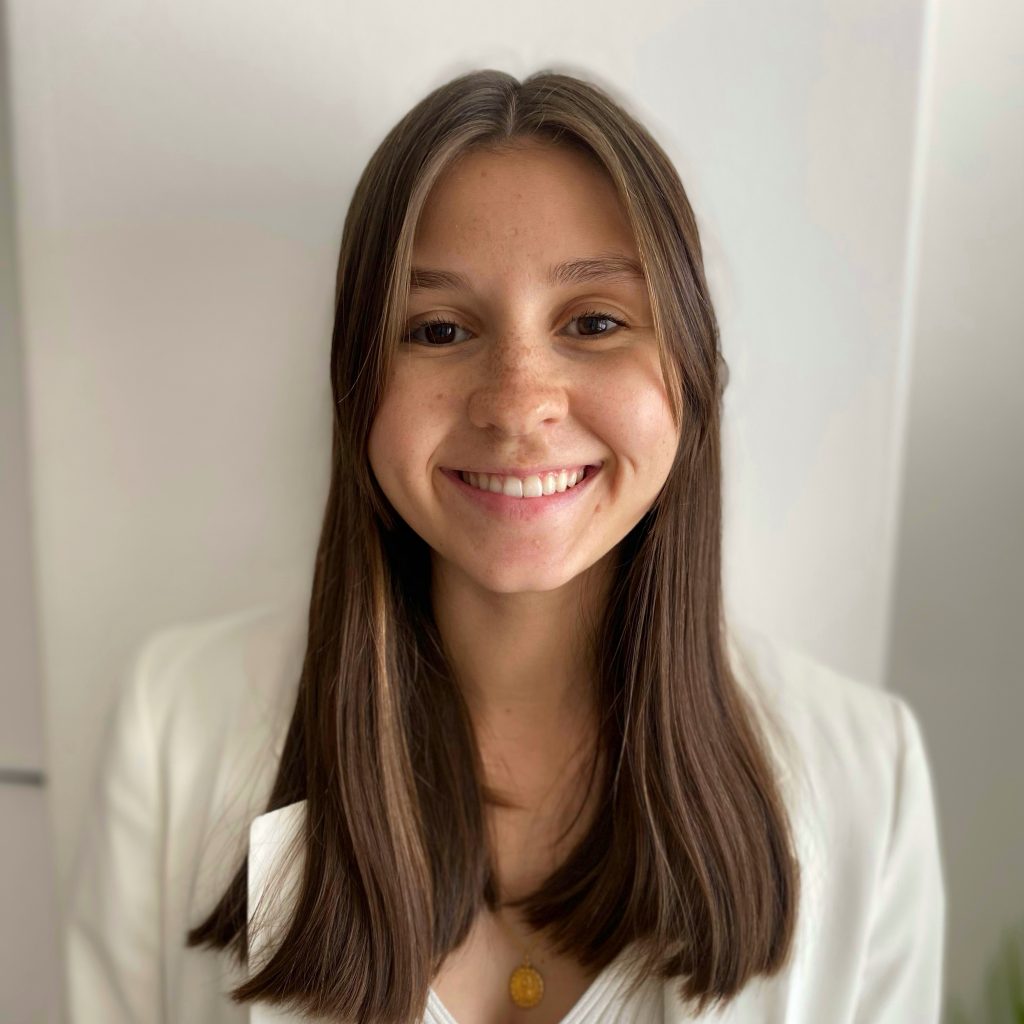
Alícia Pereira is a biologist with a Bachelor’s degree in Biology from ISPA – Instituto Universitário de Ciências Psicológicas, Sociais e da Vida, and a Master’s degree in Conservation Biology from the Faculty of Sciences of the University of Lisbon. She has participated in two research projects and published an article as first author. Her main research interests include sustainable aquaculture, the effects of climate change, and welfare of marine organisms.
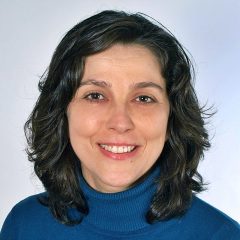
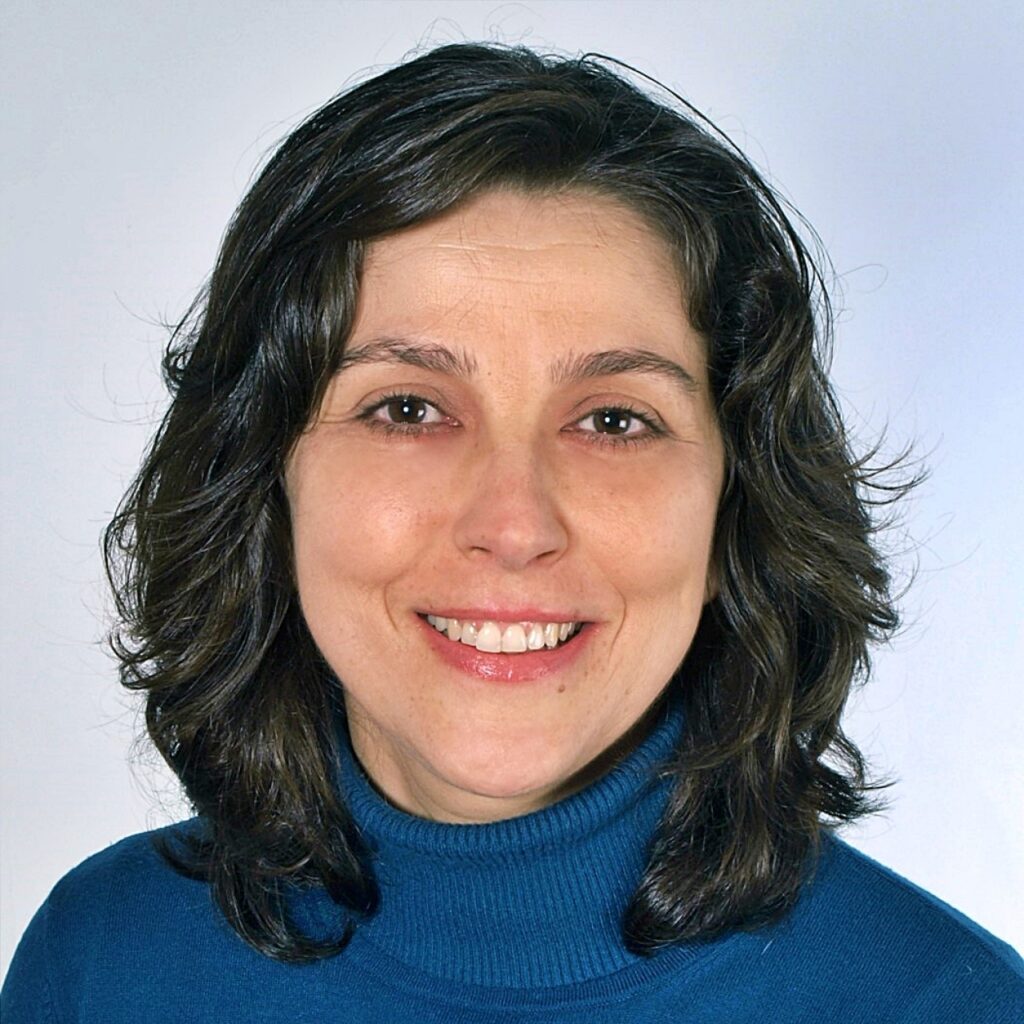
PhD in Pharmacy-Bromatology, MSc in Food Toxicology and Quality Control and BSc in Biology (Wildlife Resources and Environment), by University of Lisbon. Researcher at Portuguese Institute of the Sea and Atmosphere – IPMA, I.P. Scientific research in the field of food science and technology applied to fishery/marine products (wild and farmed), studying several aspects: i) quality, namely: sensory properties, physicochemical and biological characteristics; ii) quality changes during handling, processing and storage, shelf life studies. Current research interests covers the development of sustainable healthy seafood, namely the production of cell-based fish fillets. Author or co-author of peer-reviewed articles. Participation in several national and international R&D projects. Supervisor of PhD and MSC students.

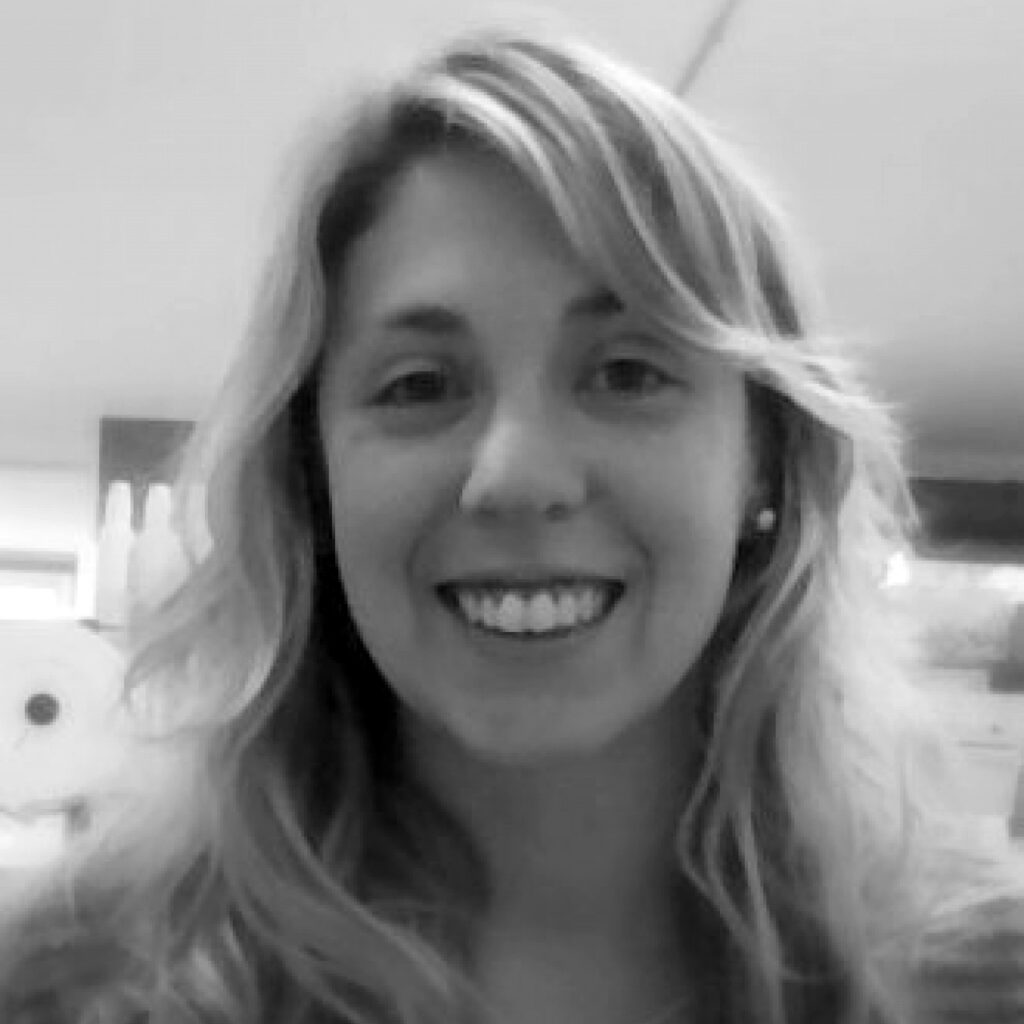
Ana Luísa Maulvault is a PhD student in Environmental studies, at Nova University of Lisbon, and research team member of the Portuguese Institute for the Sea and Atmosphere (IPMA, I.P.), as well as of the Marine and Environmental Sciences Centre (MARE). She holds a master degree in Marine Biology, with specialization in Fisheries and Aquaculture, from the University of Algarve (2009). She authored 3 book chapters and 26 scientific publication in international journals (6 as first author).


António Marques is Biologist, with a PhD in Applied Biological Sciences from the University of Gent, Belgium. He is Principal Researcher of IPMA and collaborator of CIIMAR. Experience in quality and safety of fish, and application of new technologies to improve the safety / quality of fish. He has published >150 articles in indexed journals (H‐index 42.0), is guest editor in the indexed journals Toxins, Environmental Research and Food Chemical Toxicology. He has experience in leading European projects (e.g. coordinator of Horizon Europe INNOECOFOOD, H2020 SEAFOODtomorrow, FP7 ECsafeSEAFOOD; WP leader in ACRUNET, SEA‐ON‐A‐CHIP) and national (e.g. MycoFish, FRESHFISH). Responsible for the animal experimentation laboratory (LABVIVOS) at IPMA.
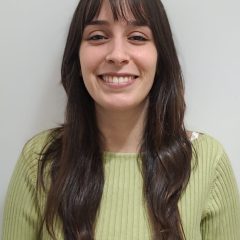
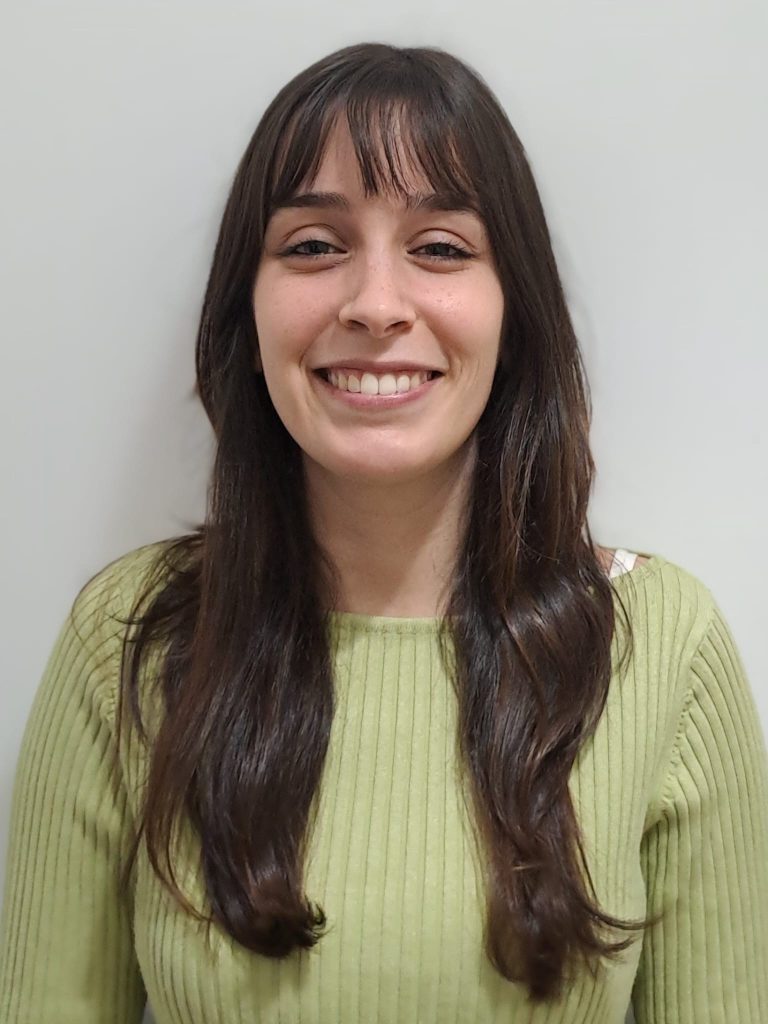
Bruna Nunes holds a BSc in Chemistry and MSc in Food Quality and Health. She is currently working as a research technician at CIIMAR, working from IPMA. Her research interests lie at the intersection of food science, sustainability, and technological innovation. She has expertise in the chemical characterization and bioactivity evaluation of natural products, with a focus on developing strategies to valorise natural by-products.
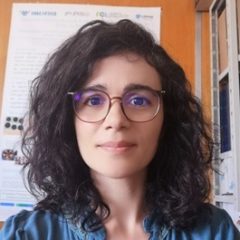
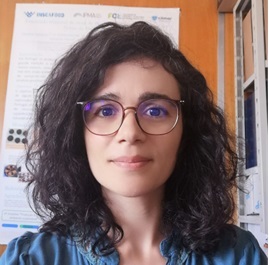
Carolina Camacho is a Researcher of the “Seafood Safety and Processing” Team of CIIMAR and works at IPMA, I.P. facilities (Lisbon). She holds a PhD in Agroindustrial Technologies (2023; NOVA University Lisbon), a MSc and BSc in Food Science and Engineering (2011; University of Lisbon). She has been working and collaborated in several research projects (17); scientific interests have been focused on the effects of processing and preservation/preservation time on the physical-chemical and sensory parameters that influence the quality of seafood products. Her current research interest is related to innovative technological processes to valorise by-products from seafood processing.

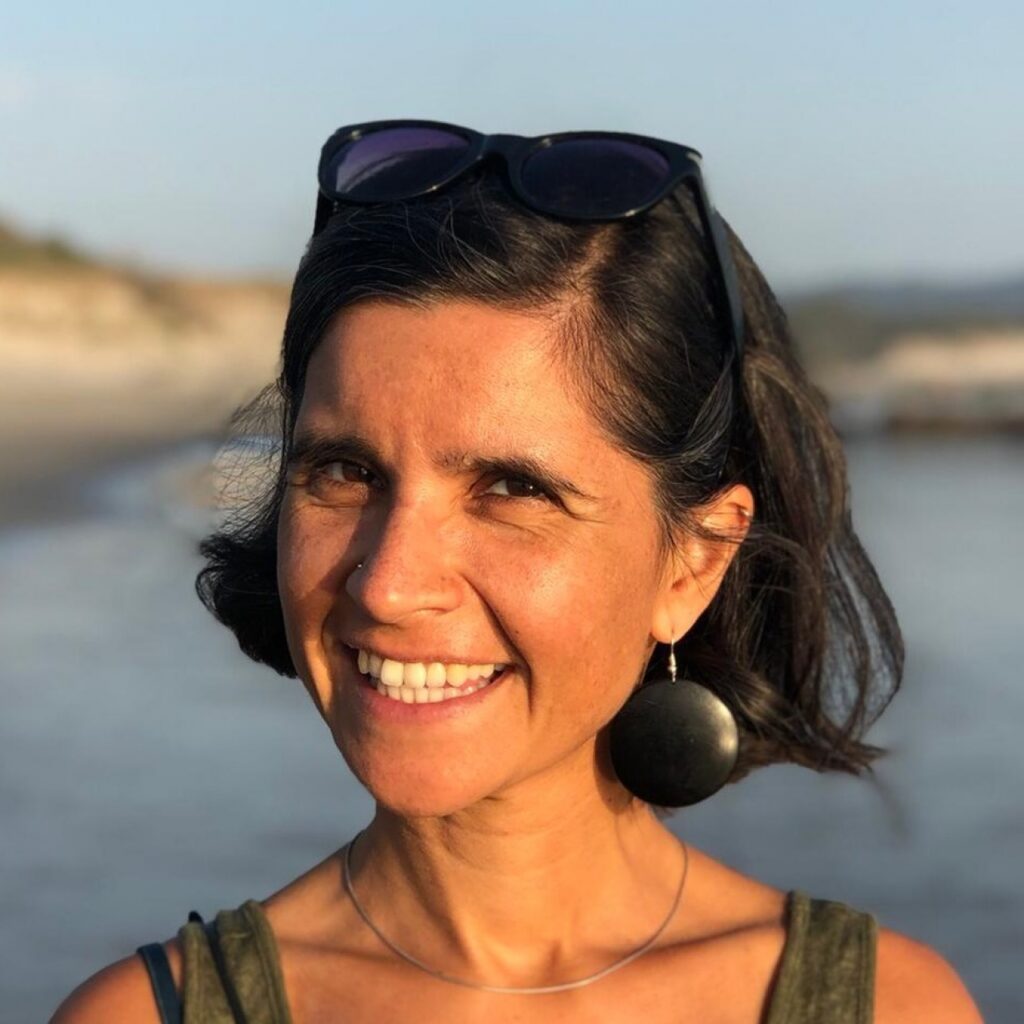
Cheila Almeida is a researcher at IPMA dedicated to seafood sustainability from a comprehensive supply chain standpoint, aiming to make both production and consumption of seafood more sustainable. Currently, she contributes to the NEPTUNUS project (https://neptunus-project.eu/), which aims to introduce strategies to minimize environmental impacts through the application of the Life Cycle Assessment (LCA) methodology in fisheries, aquaculture, and seafood processing sectors.
Cheila is a marine biologist with experience in science communication and research management. As a researcher she participated in projects related to coastal fisheries, marine biodiversity, and the promotion of sustainable seafood consumption. She holds a PhD from Universidade de Lisboa on “Seafood consumption in Portugal: Patterns, drivers and sustainability”.

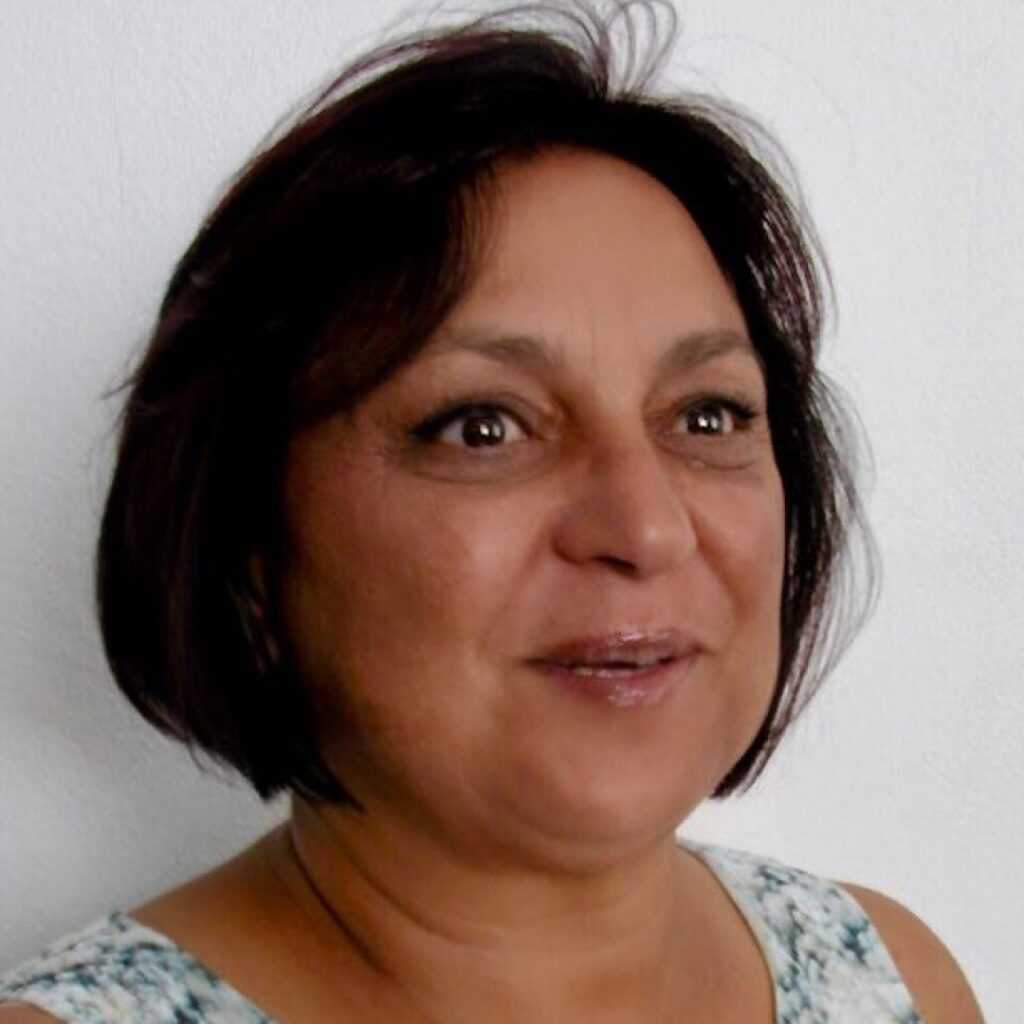
Domitília Matias is a Senior Researcher at Portuguese Institute of Sea and Atmosphere. She received her degree in Marine Biology in 1991 and her PhD in 2013 in Environment from New University of Lisbon – FCT. Her research interests focus on Bivalve aquaculture, more specifically on Reproduction and Nutrition Interaction aquaculture/environment
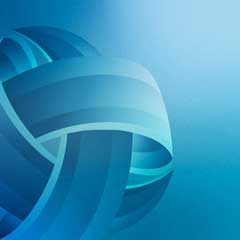
Edgar Perestrelo was born in 1997, on the island of Madeira. He graduated in Biochemistry in 2020 and obtained a master’s degree in food safety and Technology in 2022 from the NOVA School of Science & Technology and whose dissertation topic was «Characterization of the bioactive properties of medicinal plants from the Autonomous Region of Madeira ». He currently works as a junior laboratory technician at CIIMAR. His current interests are chemical analysis, determination of antioxidant, antimicrobial and antidiabetic activity of extracts of food origin.

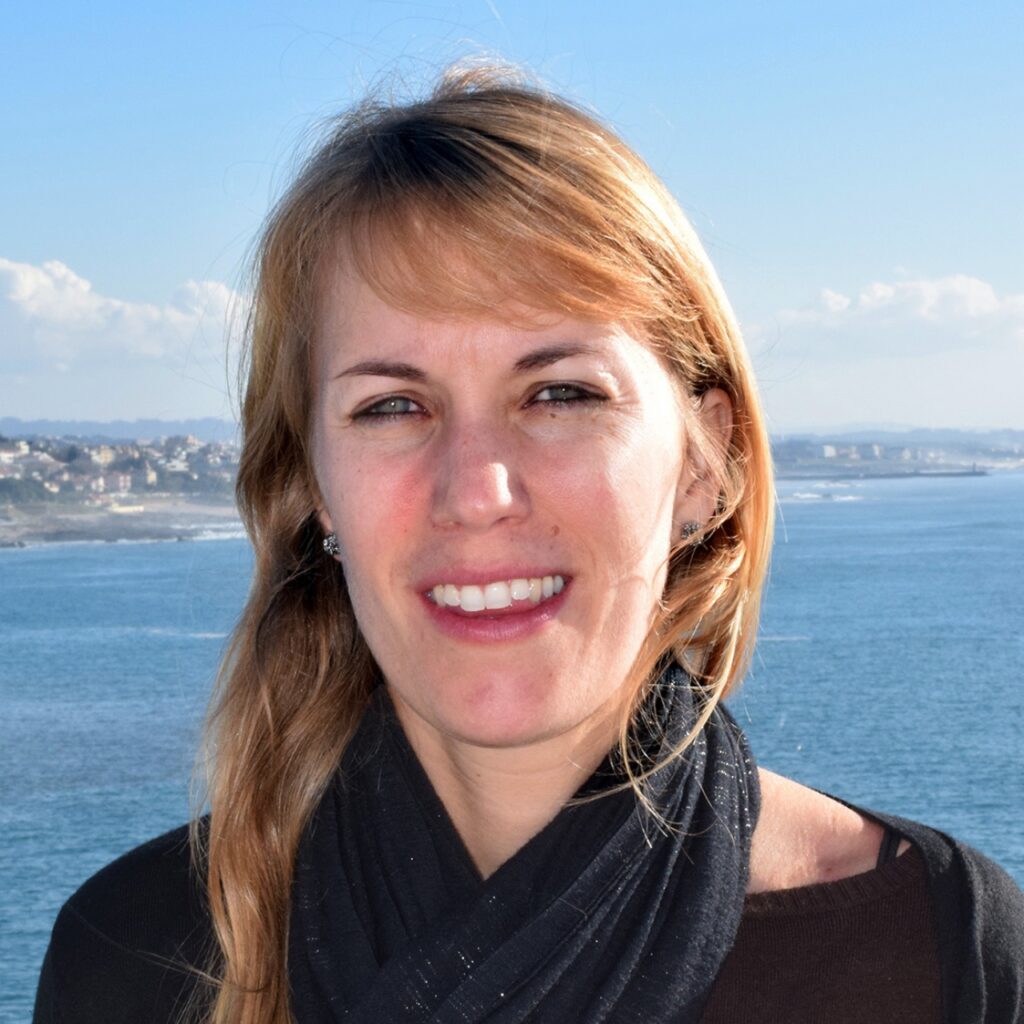
Helena Oliveira is a biologist, has a master’s degree in Applied Ecology and a PhD in Marine and Environmental Sciences (PhD concluded in 2013 at the Institute of Biomedical Sciences Abel Salazar, University of Porto). She is currently a post-doc Researcher of the Seafood Safety and Processing Team of CIIMAR and works at the IPMA, I.P. facilities. She has been working in different national and european projects (e.g., SEAFOODTOMORROW, FishBudget, Know, Pacto da Bioeconomia Azul). Her main scientific research interest is to study adequate solutions to produce innovative, healthy, safe and high-quality seafood products for human consumption at all ages.

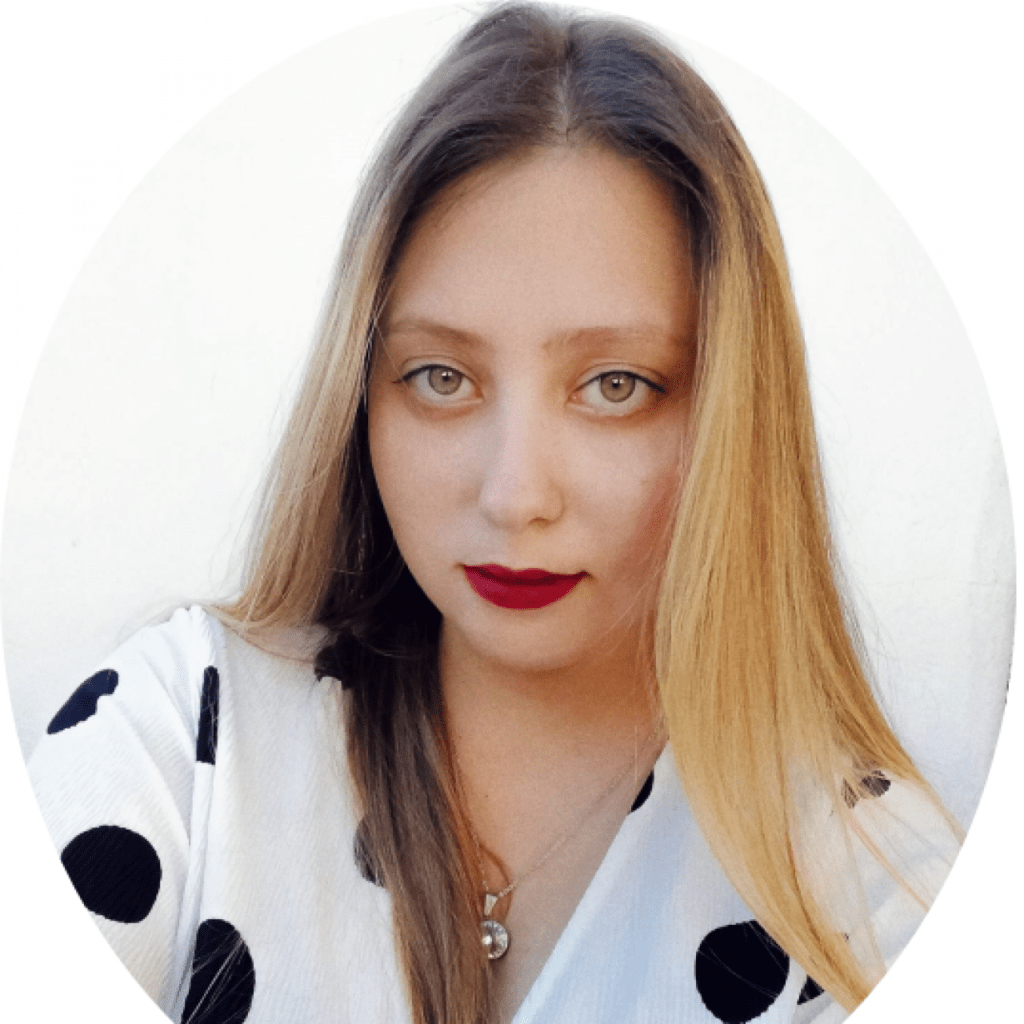
Isa Marmelo, a graduate in Forensic and Criminal Science with a Master’s degree in Food Technology and Safety, is currently pursuing a PhD in Biochemistry at NOVA School of Science and Technology (Lisbon). Supported by an FCT grant, her thesis focuses on the validation of a sustainable adaptation strategy to minimise the impacts of climate change and disease outbreaks in aquaculture. She performs her activities at IPMA and she’s also a member at CIIMAR and UCIBIO. Her main interest areas are: Environmental toxicology; Climate change effects on marine ecosystems and development of sustainable adaptation/mitigation strategies; Nutritional quality and food safety.

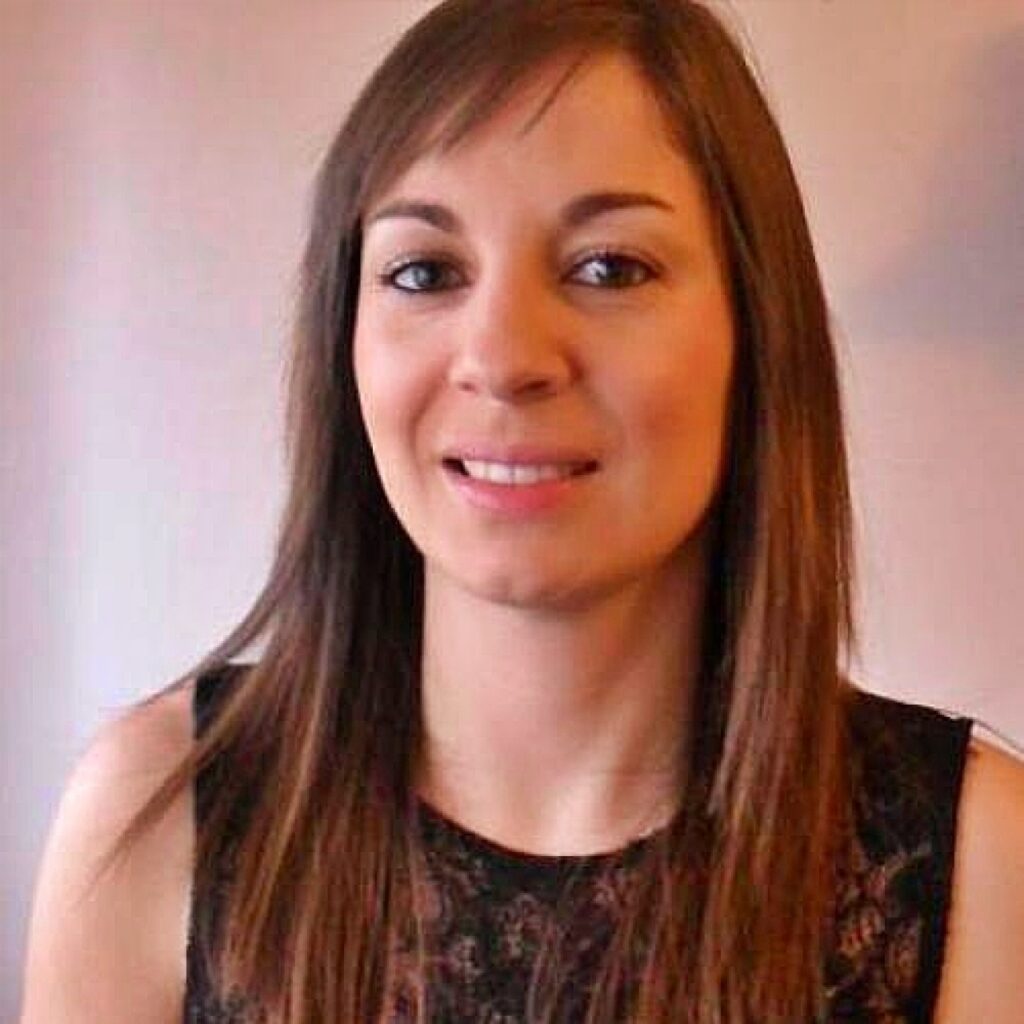
Antónia Juliana Pais Costa is a biologist with a master’s degree in Biology and a PhD in Biosciences (PhD completed in 2022 at the Faculty of Science and Technology of the University of Coimbra). She is currently a post-doc in the “Safe and Healthy Seafood and Sustainable Consumption” team at CIIMAR, working at IPMA. She has co-authored 1 book chapter and has 14 scientific publications in international journals (5 as first author). Her current research interests cover the development of healthier and more sustainable seafood products.
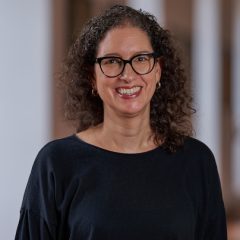

I have a degree in Marine Biology and Fisheries and a PhD in Biology. I have extensive experience in Nuclear Magnetic Resonance Metabolomics applied to animal science, particularly in assessing the physiological and metabolic effects of alternative ingredients in animal feed, with the aim of increasing the sustainability of the production. I currently work as project manager for INNOECOFOOD, a project that aims to establish innovative production ECOHUBS and improve aquaculture farms.
Marta Dias is graduated in Biology – specialty of Marine Biology and Aquaculture and obtained the PhD degree in 2020 by the Faculty of Sciences of the University of Lisbon. She is currently a post-doctoral researcher at CIIMAR. Her main research interests are diverse, including food webs, temperate and tropical marine ecology, global climate change effects, physiological stress and sustainable aquaculture. She authored 30 scientific publications in international journals.
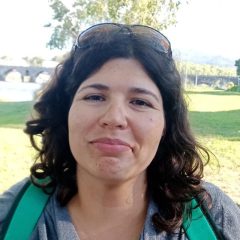

Marta Dias is graduated in Biology – specialty of Marine Biology and Aquaculture and obtained the PhD degree in 2020 by the Faculty of Sciences of the University of Lisbon. She is currently a post-doctoral researcher at CIIMAR. Her main research interests are diverse, including food webs, temperate and tropical marine ecology, global climate change effects, physiological stress and sustainable aquaculture. She authored 30 scientific publications in international journals.

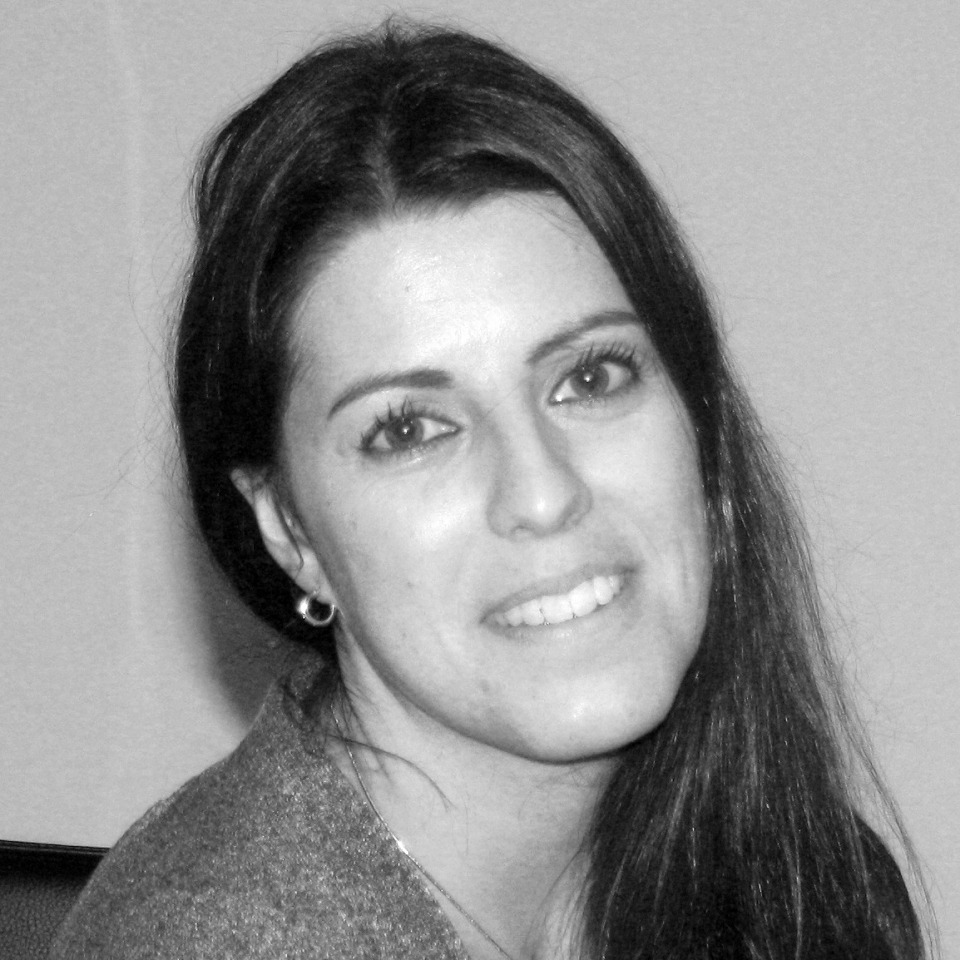
Patrícia Anacleto graduated in Marine Biology and Fisheries in 2005 and obtained PhD degree in Biology, specialty in Marine Biology and Aquaculture in 2014 by Faculty of Sciences, University of Lisbon. She is currently post-doc researcher at CIIMAR, IPMA and MARE. Her main research interest focus on the seafood quality and safety (chemical and microbiological contaminants), behaviour of crustacean and bivalve consumers as well as effects of climate change-related stressors (ocean warming and acidification) on the bioenergetics field, namely on energy acquisition and allocation in marine organisms and on the bacterial diversity and pathogenicity in invasive bivalve species.

Researcher of IPMA – Portuguese Institute for the Ocean and Atmosphere. She is graduated in Veterinary Medicine and obtained PhD degree in 2007 in Veterinary Sciences by Faculty of Veterinary Medicine of University of Lisboa. She is responsible for Diagnosis of Fish Diseases on the Pathology Laboratory of Aquatic Animals. Her main research interest focus on the zoonotic fish parasites.
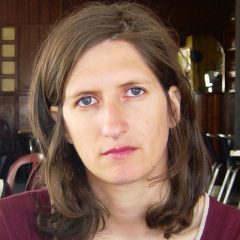
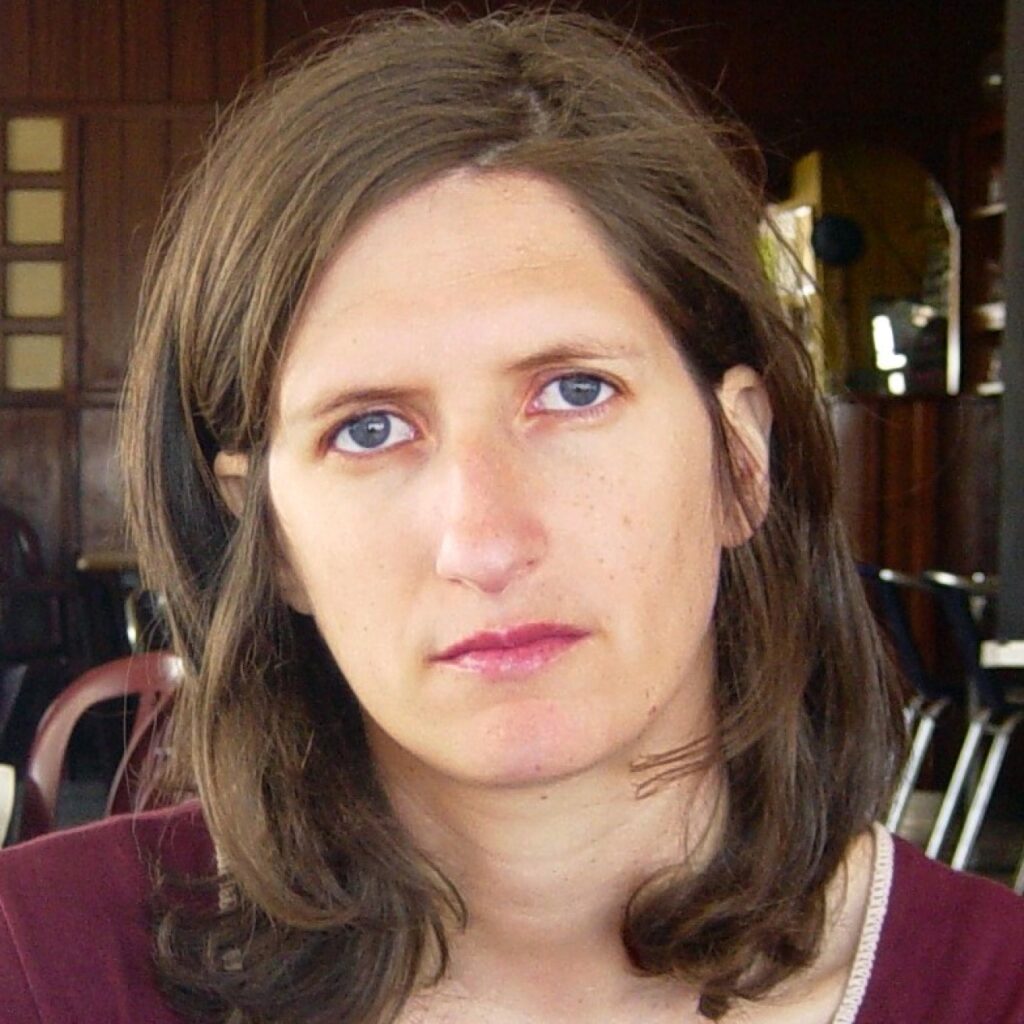
Sandra Joaquim holds a Ph.D. in Aquaculture. She presently works in IPMA. Her research interests focus on bivalve aquaculture, especially on reproduction (both in natural and artificial environments), improvement of production techniques, introduction of new species in aquaculture, and environment-aquaculture interaction.

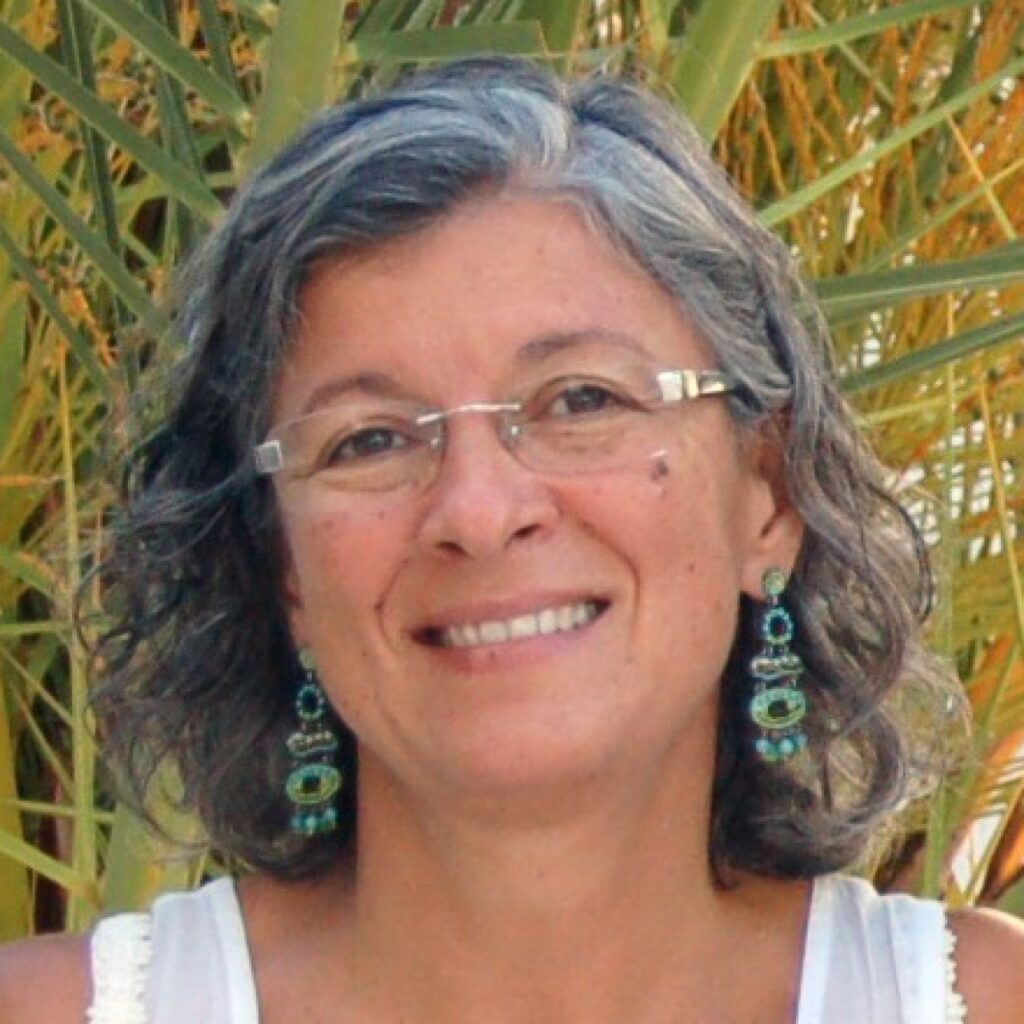
Teresa Gama Pereira is a researcher of Instituto Português do Mar e da Atmosfera (IPMA). She is graduated in Biology at Faculty of Sciences of the University of Lisbon in 1979 and has her public examination of access the category of Research of Instituto Nacional de Investigação Agrária e das Pescas, INIAP I.P./L-IPIMAR in 2013 . Her research focus in muscle cellularity and flesh quality, texture traits and chemical/biochemical characteristics of fish: effect of rearing conditions, diet composition, slaughter methods, on the nutritional value and shelf life. She is the author of 10 scientific publications in several international journals.
Almeida, C., Laso, J., de Sousa, D.B., Cooney, R., Quinteiro, P., Rowan, N., Dias, A.C., Clifford, E., Rodrigo, G., Reboredo, R.G., Margallo, M., Nunes, M.L., Marques, A.
2023Science of The Total Environment. 863: 160846.Camacho, C., Correia, T., Teixeira, B., Mendes, R., Valente, L.M., Pessoa, M.F., Gonçalves, A.
2023Food Chemistry, 404, 134505.Joaquim, S., Matias, A.M., Moura, P., Trindade, B., Gaspar, M.B., Baptista, T., Matias, D.
2023Fishes 8(7):353.Rybicka, A., Silva, M., Gonçalves, A., Oliveira, O., Lourenço, H., Marques, A., Fraqueza, M.J., Serrano, C., Nunes, M.L.
2023International Journal of Food Science and Technology. 58(7).Barbosa, V., Camacho, C., Oliveira, H., Anacleto, P., Maulvault, A.L., Delgado, I., Ventura, V., Dias, D., Ribeiro, L., Pousão-Ferreira, P., Eljasik, P., Panicz, R., Sobczak, M., Tsampa, K., Karydas, A., Nunes, M.L., Carvalho, M.L., Martins, M., Marques, A.
2022Food Chemistry. 397: 133780.Rato, A.., Joaquim, S., Matias, A.M., Roque, C., Marques, A., Matias, D. (2022).
2022Frontiers in Marine Science 9, 932310.Ramos, P.
2020Experimental parasitology, 211, 107865.Ferreira, M., Larsen, B.K., Granby, K., Cunha, S.C., Monteiro, C., Fernandes, J.O., Nunes, M.L., Marques, A., Dias, J., Cunha, I. and Castro, L.F.C., Valente, L.M.P.
2020Food and Chemical Toxicology, p.111332Nielsen, T., Mihnea, M., Båth, K., Cunha, S.C., Ferreira, R., Fernandes, J.O., Gonçalves, A., Nunes, M.L., Oliveira, H.
2020Food and Chemical Toxicology 143, 111546Website by: Glitz Design